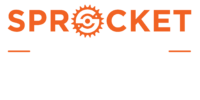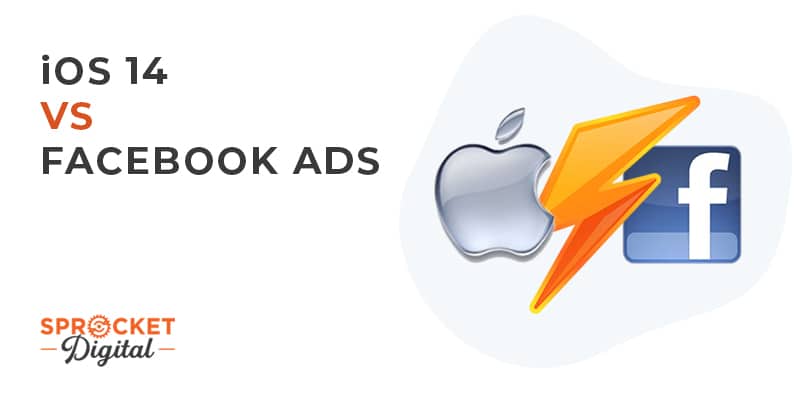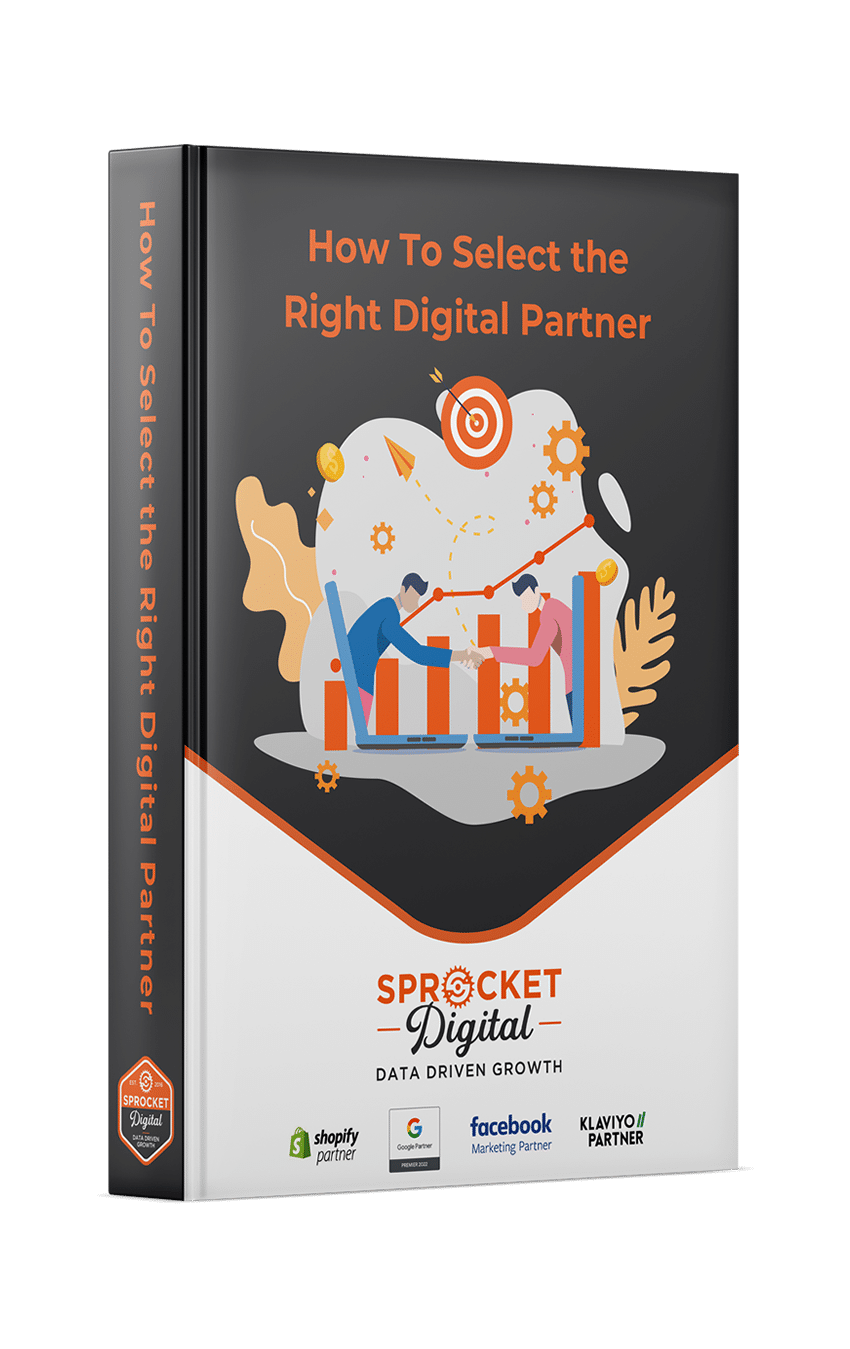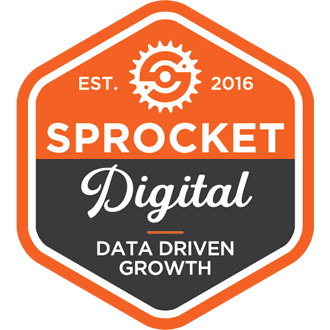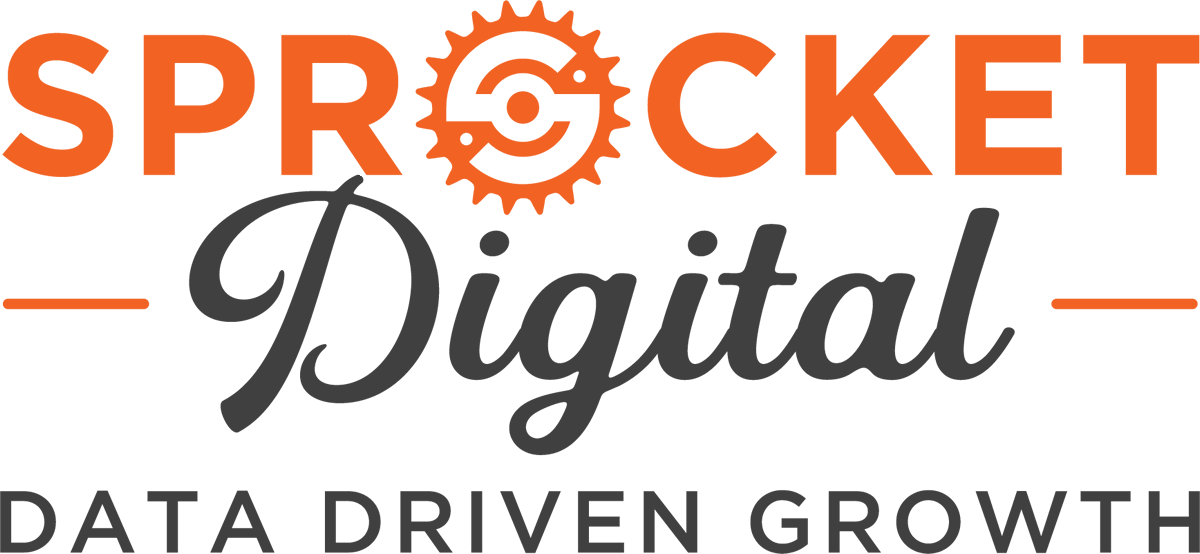How Apple’s New Update Will Affect Your Ads, and What You Can Do in Response
In late 2020, Apple began rolling out its iOS 14 update around the world, to some controversy. The update includes a major change in the way that iOS apps track users: a new requirement for users to opt-in to allow tracking on each app.
On the surface, this seems like a great idea for users as it allows them more control over their privacy. However, what many people don’t understand is that it’s data tracking that allows for the delivery of personalised and relevant advertising and content online.
Facebook and Instagram are both designed to show you the things you want to see, based on previous engagement and collected data. This applies to both organic and paid content. Anything you’ve liked or commented on, products you’ve purchased, and websites you’ve visited all play a major role in the content shown to you on social media apps.
Where the controversy arises, then, is between Apple and Facebook – the one company depends on tracking data for personalisation and user experience, while the other is now restricting access to that data from anyone who chooses not to opt-in.
Apple and Facebook have made their mutual criticisms public on several occasions, including Facebook’s full-page letters in the Wall Street Journal, and Apple CEO Tim Cook’s tweet which shared a screenshot of the opt-in/opt-out pop-up using Facebook as their example.
How Facebook describes the new policy:
“Apple will begin to require that all apps in the App Store show a discouraging prompt to users on iOS 14 devices, in accordance with their App Tracking Transparency Framework.
Apple’s policy will prohibit certain data collection and sharing unless people opt-in to tracking on iOS 14 devices via the prompt.
As more people opt-out of tracking on iOS 14 devices, ads personalisation and performance reporting will be limited for both app and web conversion events.” Facebook for Business
If you’re not sure what all this means, don’t panic. As a digital marketing agency dedicated to delivering results for our clients’ businesses, we pay close attention to every adaptation in the technology we employ.
It’s our job to keep up with the ever-changing industry of digital marketing, so you can focus on running and growing your business. We’ve boiled down the key things you need to know about how your ads will be affected, and what you can do about it.
5 Ways Your Ads Will Be Affected
Apple’s new App Tracking Transparency Framework will affect Facebook advertising in several ways. Here are the top 5 you need to know about:
- Due to impartial reporting with opted-out users, Facebook will be using statistical modelling to estimate results for ad reporting. This will cause less reliable reporting and will reduce the efficiency of conversion optimisations.
- Custom audiences are likely to drop in size. This includes website retargeting, lookalike audiences and custom uploaded audiences.
- Facebook has deprecated 28-day click, 28-day view, and 7-day attribution windows, which means conversions will no longer be attributed to users outside of 7-day click and 1-day view. This will affect businesses with longer buying cycles and conversions will be under-reported if they fall outside the now smaller time frame.
- There are likely to be reporting delays as conversion events will no longer be tied to specific users and will be aggregated. This shouldn’t be a big issue, as it’s far more effective to view performance over a longer time frame anyway. Day to day reporting has far too much variation and has never been a reliable source to make decisions.
- Only 8 events can be tracked per domain. Ad sets with event optimisations outside of those 8 will be paused. If a user is opted-out on iOS 14, only one event will be reported in Facebook (whichever is the highest priority).
What You Can Do
- Verify your domain through Facebook. If you don’t verify your domain, you will not be able to edit conversion events.
- Prioritise your events. Facebook recently added the feature of choosing and prioritising your 8 conversion events.
- Use an API to connect. Use a conversion API to connect your Facebook Ad Account with your website to help reduce the risk of lost pixel data.
- Focus on quality content. More than ever, marketers need to rely on quality and engaging content through videos, images and copy.
Here at Sprocket Digital, we’re working hard on keeping up to date with each new change in technology, so we can keep on delivering the outstanding results that our clients expect from us.
You can rely on us to do what’s needed to ensure your ads are reported accurately and delivering consistently, so you can spend less time worrying about Facebook, and more time growing your business.
